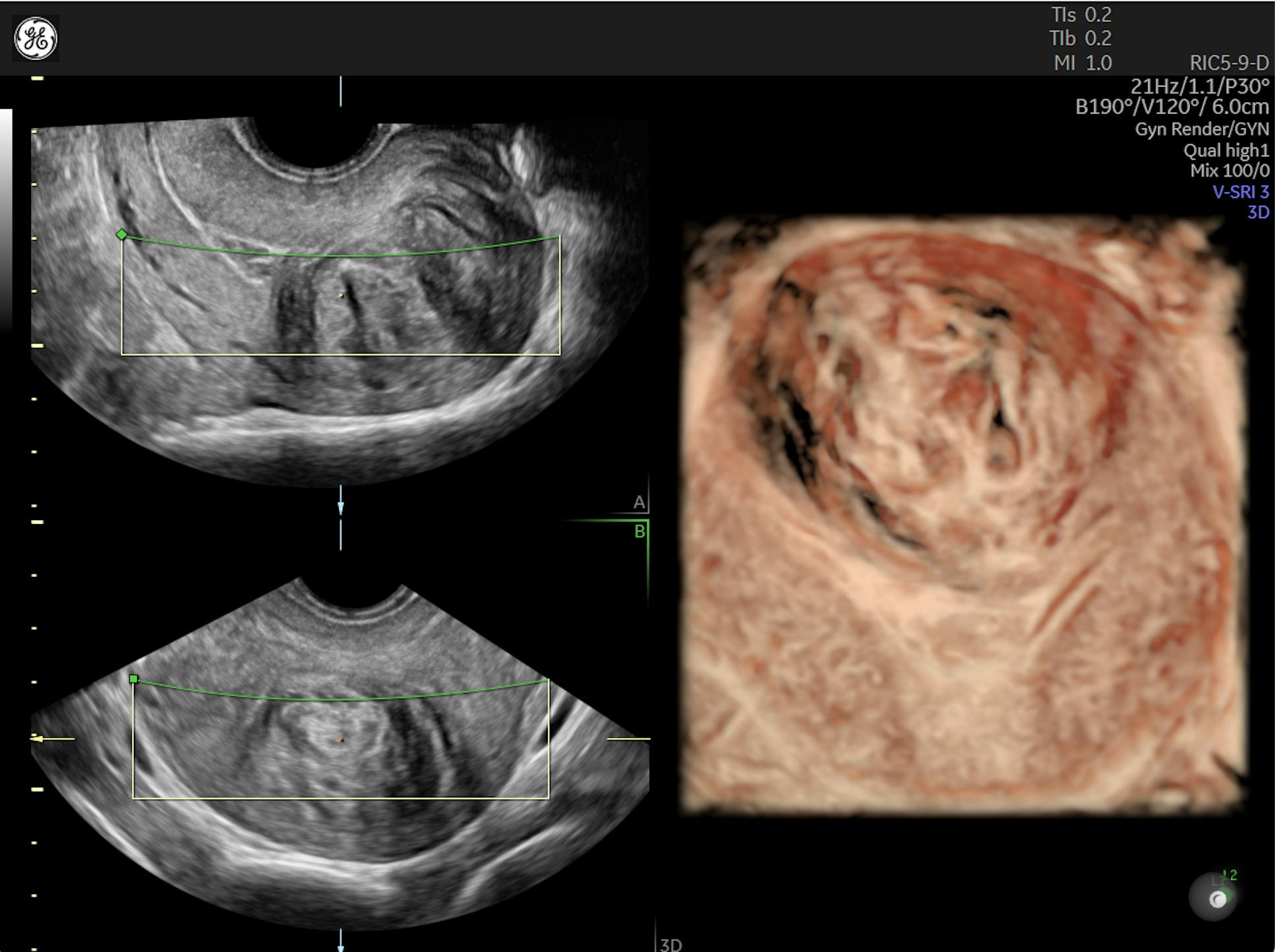All Articles
- Ultrasound
Discussing the Safety of Ultrasound in Pregnancy with Patients
Prenatal care providers may find themselves called upon to consult with pregnant patients apprehensive about the safety of ultrasound in pregnancy.
- Ultrasound Technology & Innovation, Women's Health Success Stories
Tracking The Future of Ultrasound for OB/GYNs
The future of ultrasound lies in 3D, 4D, doppler technology and simulation-supported, intuitive user features — as well as more new ideas still to come.
- Endometriosis
How 3D Ultrasound Helps Address Six Common Gynecology Issues
For reproductive-aged women, timely, accurate diagnosis of gynecology issues is crucial to protect fertility. Here's how 3D ultrasound helps.
- Ultrasound Technology & Innovation, Women's Health Pregnancy
Carefully Navigating a Late Stillbirth with Your Patient
Amid advances in obstetric care, stillbirth rates remain largely unchanged in recent years, with early and late stillbirth seeing the least progress.
- Women's Health Pregnancy
Examining the Uneven Rise of Gestational Diabetes Rates
Gestational diabetes rates are rising around the world. Understand which patients are at higher risk and how to help patients avoid this condition.
- Ultrasound Technology & Innovation Gynecology
FAQ: How AI in Obstetrics and Gynecology Improves Patient Care and Clinician Workload
AI in obstetrics and gynecology is increasingly being used to improve patient care. These FAQs show AI is improving IVF, prenatal ultrasound, and urogynecology.
- Reproductive Medicine & IVF Gynecology
FAQ: Caring for Transgender Patients
As OB/GYN patient diversity grows, clinicians can position themselves as inclusive healthcare providers that welcome caring for transgender patients.
- Reproductive Medicine & IVF Endometriosis
FAQ: A How-to Guide for OB/GYN Patient Care
No matter how long you've been in practice, a how-to guide is beneficial as a learning tool and a refresher on key OB/GYN patient care topics.
- Ultrasound Technology & Innovation Pregnancy
Portable Obstetric Ultrasound: Revolutionizing Remote Patient Care
Portable obstetric ultrasound is reimagining what's possible for remote pregnancy monitoring, with the potential to expand care to patients everywhere.
- Reproductive Medicine & IVF Infertility
Recurrent Implantation Failure Treatment Options: What's Next After RIF?
Physicians should be aware of the recurrent implantation failure treatment options available to their patients.









